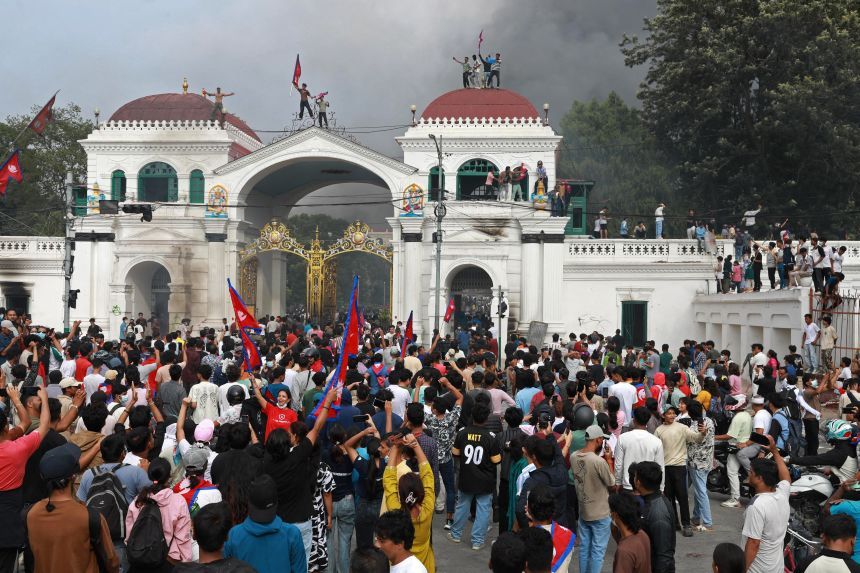
Nepal Prime Minister, Sharma Resigns Amid Violent Protests
Nepal’s Prime Minister KP Sharma Oli has resigned amidst escalating violence and public outrage over recent government actions and widespread protests. The resignation comes as the country grapples with the deadliest unrest in decades sparked by allegations of corruption, social media restrictions and economic dissatisfaction.
The protests erupted last week following the government’s decision to ban 26 social media platforms, including Facebook, WhatsApp and Instagram citing non-compliance with registration requirements. Critics argued that the ban was an attempt to suppress anti-corruption activism and dissent, leading to mass demonstrations across Kathmandu and other cities.
Tensions intensified on Monday with thousands of protesters many identifying as Generation Z taking to the streets armed with placards and banners. Clashes between protesters and police turned violent resulting in at least 19 deaths and nearly 200 injuries. Security forces used tear gas, water cannons, rubber bullets and live ammunition to disperse crowds that scaled walls of official buildings and set fire to key government sites.
The violence persisted into Tuesday, with protesters setting fire to the parliament building, the headquarters of the Nepali Congress Party and the residence of former Prime Minister Sher Bahadur Deuba. Several other political homes and government offices were vandalized amid the chaos. The death toll has now risen to at least 22 with many injured receiving treatment for gunshot wounds and injuries caused by rubber bullets.
In response to the unrest, Nepal’s Minister for Communication, Prithvi Subba confirmed that police had used force to control the protests, including the deployment
